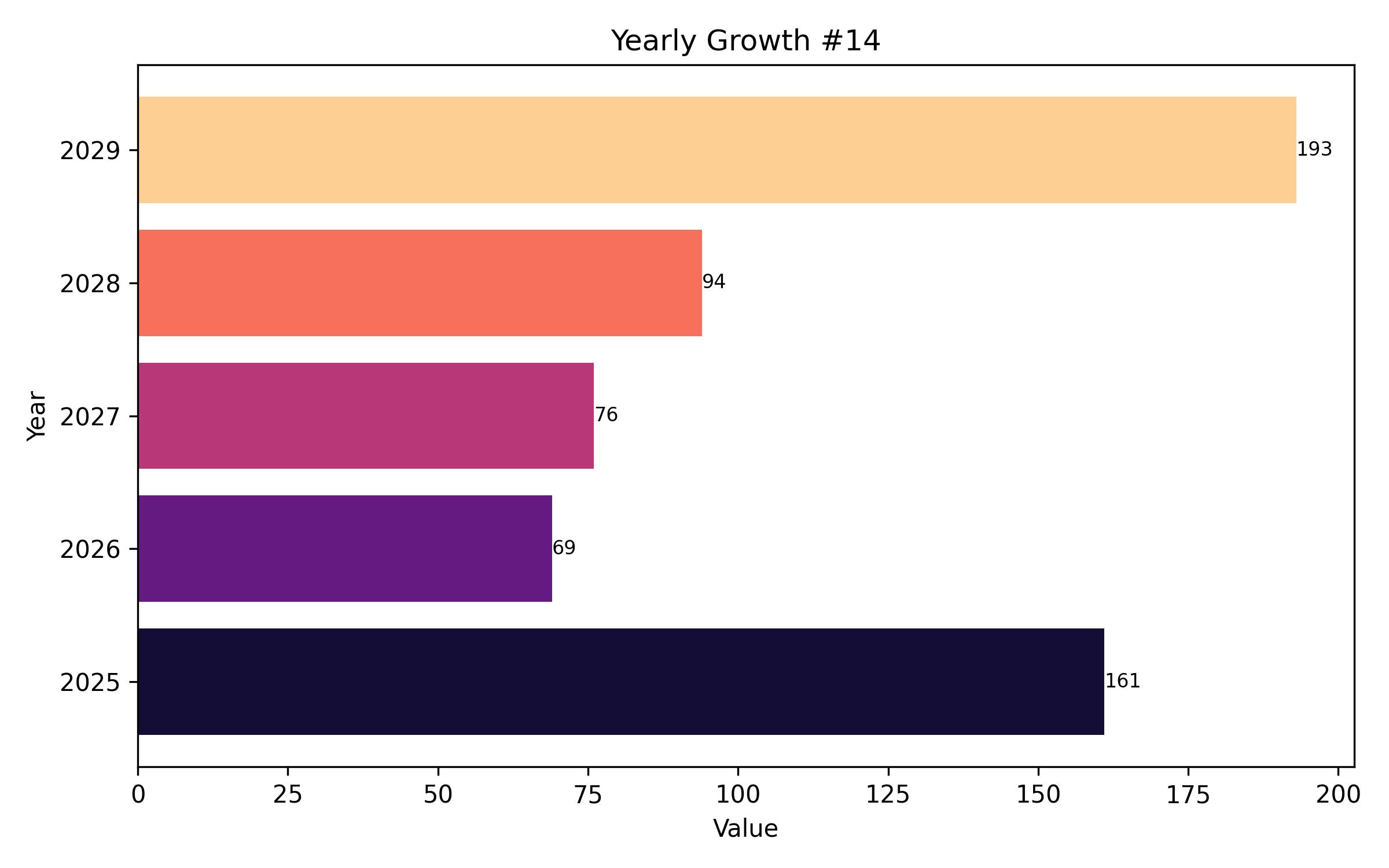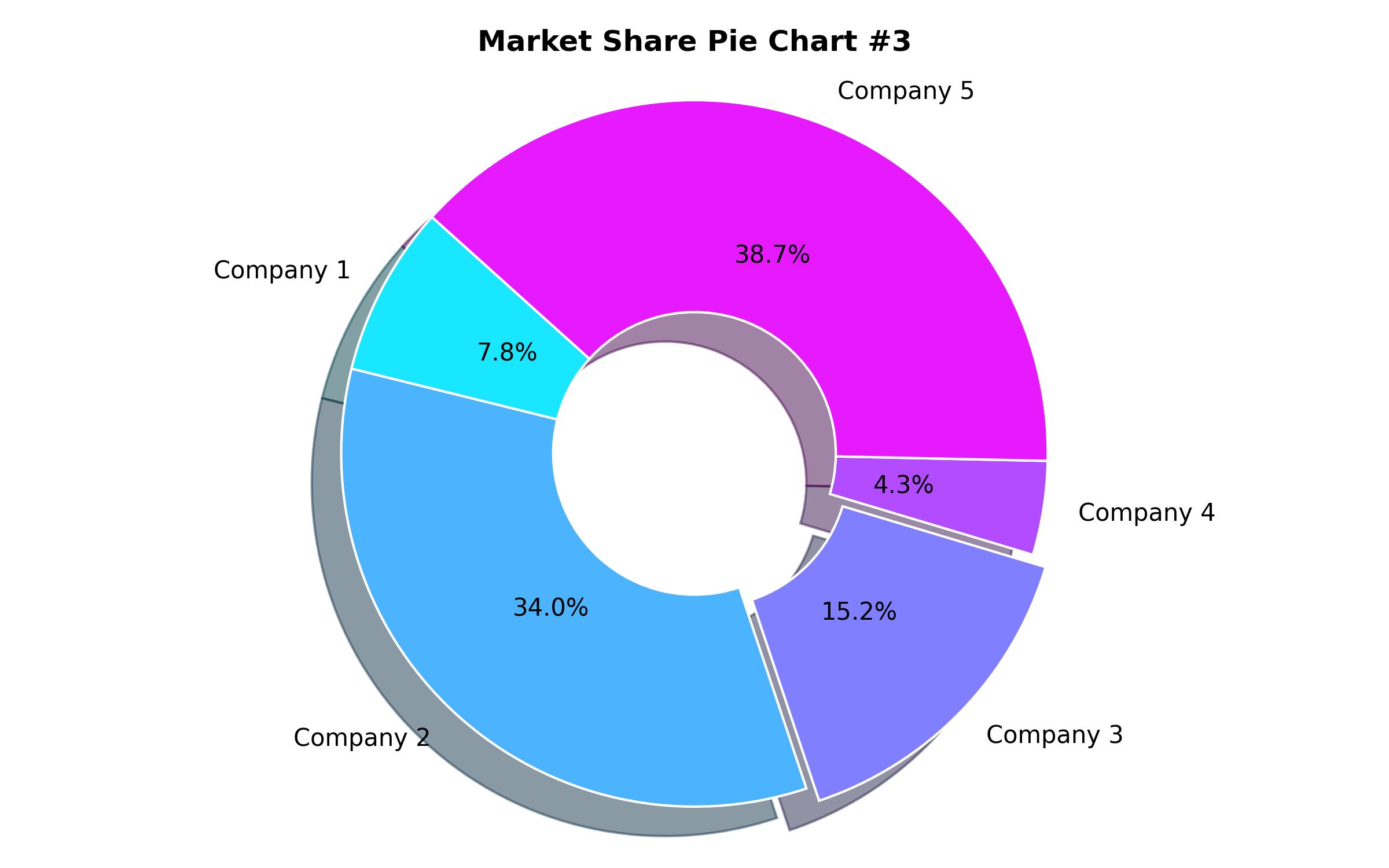Global SRAM and ROM Design IP Market: Analysis and Growth Forecast 2025-2035
Overview:
The global SRAM and ROM Design IP market is poised for steady expansion in the coming years. Projections indicate a market size of approximately USD 24.73 million in 2025, growing to USD 34.88 million by 2035. This reflects a compound annual growth rate (CAGR) of around 3.5% from 2025 to 2035, driven by increasing demand across various sectors.
Key factors influencing market growth include the rising complexity of integrated circuits and the growing need for efficient memory solutions. Moreover, the proliferation of electronic devices and the continued advancements in semiconductor technology are contributing to the market’s expansion.
The SRAM segment is expected to maintain a significant share of the market due to its widespread use in high-speed caching and memory applications. Simultaneously, the ROM segment will remain crucial for applications requiring non-volatile memory solutions, such as firmware storage and embedded systems.
Geographically, the Asia Pacific region is anticipated to be a major contributor to revenue growth, fueled by the presence of numerous electronics manufacturing hubs and the increasing adoption of advanced technologies. North America and Europe will also remain important markets, driven by innovation and demand for high-performance memory solutions.
The competitive landscape of the SRAM and ROM Design IP market includes companies such as Arm Holdings, Synopsys, Inc., and Cadence Design Systems. These key players are focused on developing innovative IP solutions to meet the evolving needs of the semiconductor industry.
Overall, the SRAM and ROM Design IP market is projected to experience stable growth, supported by technological advancements, increasing demand from diverse applications, and strategic initiatives by key market participants.

Year On Year Growth Chart
“`html
| Report Attribute | Details |
|---|---|
| Market Size in 2025 | USD 24.73 million |
| Revenue Forecast for 2035 | USD 34.88 million |
| Growth Rate (CAGR) | 3.5% from 2025 to 2035 |
| Base Year for Estimation | 2024 |
| Historical Data | 2020 – 2024 |
| Forecast Period | 2025 – 2035 |
| Quantitative Units | Revenue in USD million and CAGR from 2025 to 2035 |
| Report Coverage | Revenue forecast, company market share, competitive landscape, growth factors, and trends |
| Covered Segments | Type and region |
| Regional Scope | North America, Europe, Asia Pacific |
| Country Scope | U.S., Canada, U.K., Germany, France, Japan, South Korea |
| Key Companies Analyzed | Arm Holdings; Synopsys, Inc.; Cadence Design Systems; eMemory Technology Inc.; Dolphin Design |
| Customization Options | Free report customization (up to 8 analysts working days) with purchase. Changes to country, regional, and segment scope |
| Pricing and Purchase Options | Customizable purchase options for tailored research needs |
“`

Key Companies Market Share
Report Coverage & Deliverables
- Market Trends And Dynamics
- Competitve Benchmarking
- Historical data and forecasts
- Value/Volume analysis
- Company revenue shares and key strategies
- Regional opportunities
This is an indicative segmentation. Please request a sample report to see detail segmentation of this market.
Detailed Market Segmentation
- By Type
- SRAM
- ROM
- By Application
- Consumer Electronics
- Automotive
- Industrial
- Aerospace & Defense
- By Region
- North America
- Europe
- Asia Pacific
Table of Content
- Executive Summary
- Market Overview
- Key Market Trends
- Market Dynamics
- Global SRAM Market Analysis 2025-2035
- Global ROM Market Analysis 2025-2035
- Market Analysis by Application 2025-2035
- Consumer Electronics
- Automotive
- Industrial
- Aerospace & Defense
- Market Analysis by Region 2025-2035
- North America
- Europe
- Asia Pacific
- North America Market Analysis 2025-2035
- Europe Market Analysis 2025-2035
- Asia Pacific Market Analysis 2025-2035
- Competitive Landscape
- Company Profiles
- Arm Holdings
- Synopsys, Inc.
- Cadence Design Systems
- eMemory Technology Inc.
- Dolphin Design
- Market Forecast 2025-2035
- Methodology
- Assumptions
- Data Sources
